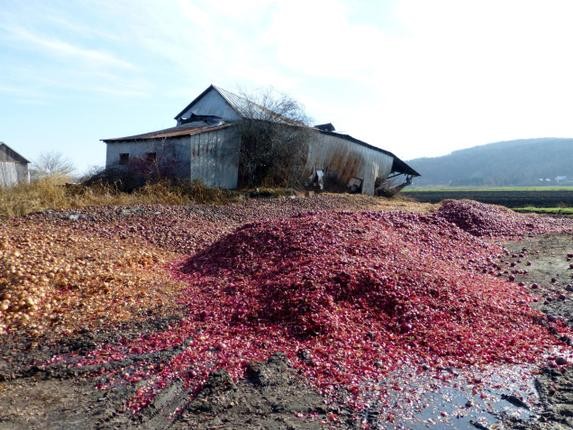Commodity traders Know your onions
Post on: 27 Июнь, 2015 No Comment

THE image of the market-rigging commodity speculator of modern folklore lies somewhere between moustache-twirling pantomime villain and James Bonds evil nemesis (“When I press this button the price of molybdenum will treble, the world will be destroyed and I will be rich, rich, rich!”). Measures are afoot to contain the speculators blamed by buyers, NGOs and politicians for spikes in oil, wheat, corn and other prices and supposedly bring order and harmony to commodity prices. Nicolas Sarkozy, who is taking over the presidency of the G20, is set to use the role to champion measures to bring commodity investors to heel.
Those naturally inclined to dismiss any French efforts to regulate financial markets should note that Angela Merkel, Germanys chancellor, is on his side too. And American regulatory reforms include the introduction of mandatory position limits on trading in energy, metals and agricultural commodities early next year.
In this section
Related items
Institutional investors and hedge-fund bosses do not deserve the attention they are getting. They are far duller folk than their caricatures and the offences they are accused of crumble on closer examination. There is almost no evidence to connect speculators to the commodity-price spikes that they are routinely blamed for creating (see article ). And what little distortion speculators may cause is soundly trumped by the service they provide. In particular, they supply liquidity and price information that makes futures markets more efficient. Speculators plug the gap when the hedging requirements of raw-material producers and buyers do not coincide, offering a counterparty for trades that might otherwise have no takers.

The suggestion that speculators deliberately manipulate markets to earn profits through bubbles and busts simply does not hold water. The explanation for the sudden spikes in the prices of many commodities in recent years lies in nothing more sinister than the laws of supply and demand. A ravenous China, underinvestment in mining and agriculture, tight markets and unexpected disruptions to production are usually to blame for rapid price movements. When supply is tight, a small increase in demand can have a disproportionately large effect on price. Even if speculators do sometimes push prices out of kilter the fundamentals soon regain the upper hand.
And the amount of cash invested is tiny compared with the size of the total commodities market. It seems unlikely that such a small tail could wag such a large dog, especially given that investors almost exclusively trade futures contracts. They rarely take physical delivery of raw materials and have no effect on the actual production and consumption of metal, grain or oil.
The worst that can be said about speculators, then, is that they may add a little to the volatility that anyway characterises commodity markets. Yet even that charge is hard to maintain. An OECD report suggests that there is little difference in volatility between exchange-traded agricultural commodities (such as wheat and corn) and non-exchange-traded ones (such as apples and onions).
Commodity speculators make for tempting scapegoats and populist attempts to limit their activities will play well for both Mr Sarkozy and Mrs Merkel as they struggle to regain favour with voters in France and Germany. They come at little cost as neither country is home to much trading. Any restrictions will only serve to hit the centre of European commodity trading, the London Metal Exchange. It is the politicians, not the investors, who risk becoming the real villains in this affair.














